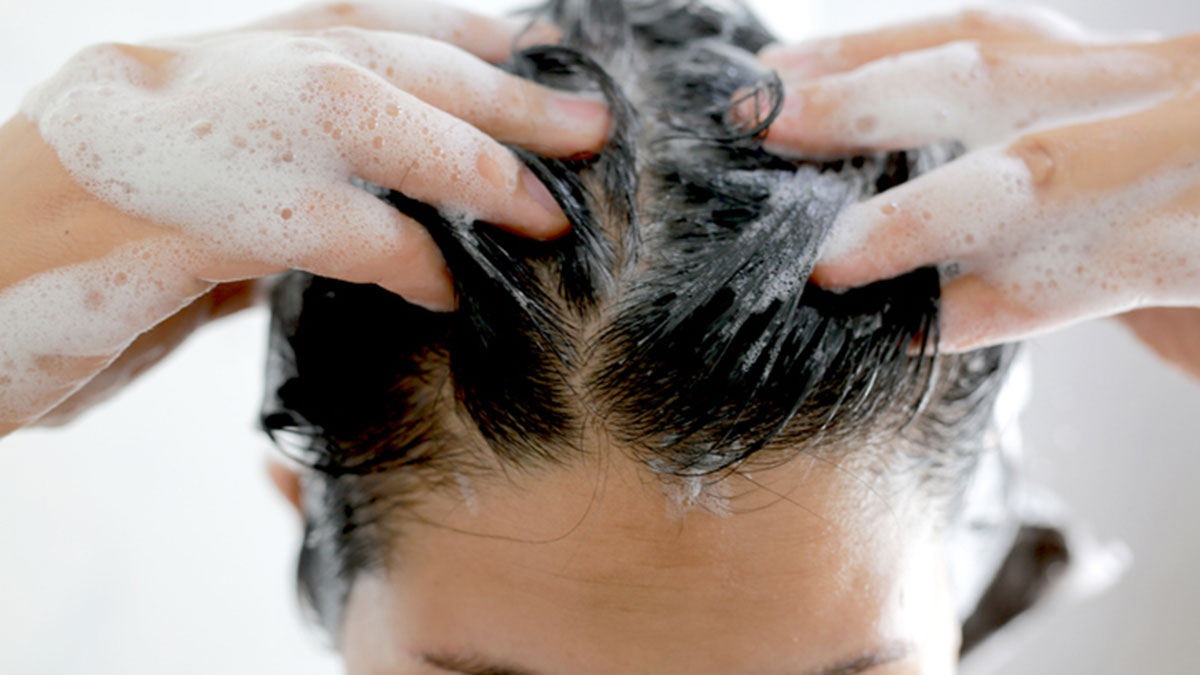Published:

An ocean-safe shampoo made from marine bacteria is being developed in a collaboration between Heriot-Watt, leading Scottish biotech firm Ingenza and oceanic personal care brand Aethic.
Funding was provided by the Industrial Biotechnology Innovation Centre (IBioIC).
Concern over liquid marine pollutants is growing. Spain recently banned the use of shampoo on its beaches. Hawaii has outlawed certain types of sunscreen because of their effect on corals.
Marine bacteria have huge potential to produce biosurfactants at commercial scale.
Surfactants are the compounds that help shampoo clean hair by enabling water and oil to mix. The most common surfactants used at scale are mostly of petroleum origin, meaning they are unsustainable and could have adverse impacts on marine life when they eventually end up in the ocean.
Biosurfactants are used in almost every sector of modern industry and are much more eco-friendly and sustainable than surfactants from petroleum.
A new type of biosurfactant made from marine bacteria will be the active ingredient of the new ocean-safe shampoo.
Dr Tony Gutierrez from Heriot-Watt's School of Engineering and Physical Sciences has collected over 1000 marine bacteria from around the world and found many of them produce biosurfactants.
Gutierrez said: “Marine bacteria have huge potential to produce biosurfactants at commercial scale.
“We'll be using two types of marine bacteria that produce biosurfactants with excellent qualities for potential as ingredients in shampoo. Particularly as they have been tested and shown to have no significant toxicity."
Dr Ian Fotheringham, CEO of Ingenza said: “Using our tried and tested recombinant strain and fermentation techniques we anticipate being able to overexpress biosurfactants from the marine bacteria economically at scale. It's exactly the sort of objective we have repeatedly delivered”.
Allard Marx, CEO of Aethic, said: “Consumers increasingly demand scientifically-proven products, and this compound will enable the addition of an ocean-safe shampoo to our existing ocean-safe personal care range”.
Dr Ian Archer of IBioIC also adds: “Having such an environmentally safe and sustainable ingredient developed in Scotland is exactly what we are here to achieve for a much more circular economy. Scotland is increasingly becoming one of the world's top destinations for high-value oceanic and biotech R&D”
The team expects the initial project phase to last six months. They will then take the shampoo through product design and testing, and hope to have it on shelves by 2024. It will be manufactured in the UK.